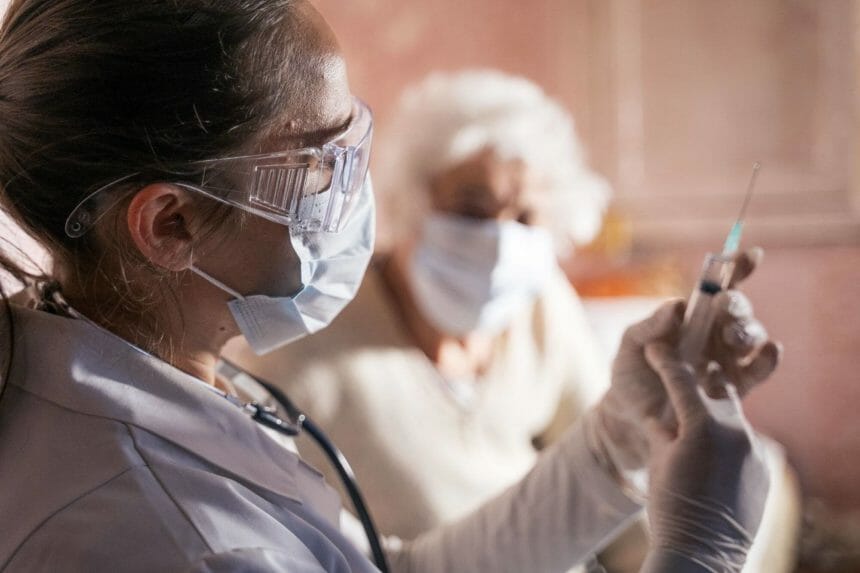
AARP Executive Vice President Nancy LeaMond assured listeners that her organization continues to work with federal and state policymakers and health agencies to bring order to the online process for scheduling vaccines. She also said AARP is providing information through 800-number call centers for people without the ability to access the internet.
“We advocate in every state and we’re urging governors, state legislators and all elected officials to do all they can to continuously improve the coordination of the COVID-19 rollout,” LeaMond, who is AARP’s chief advocacy and engagement officer, said.
As for how to get the vaccines into the arms of seniors receiving at-home care, Lilly Kan, a senior director at the National Association of County and City Health Officials, told listeners that health departments nationwide are in various states of planned efforts to reach the homebound.
“Some health departments are collaborating with emergency medical services to use paramedics and senior services partners to reach individuals at their homes,” she said. “Some departments have been providing COVID testing services to homebound adults on a limited basis and are now trying to figure out how to pivot that infrastructure to support those in need of vaccinations.”
Kan continued: “The extent to which this is happening varies at the local level because of limited vaccine supply, but health departments are absolutely working on plans for building teams to reach the homebound.”
A news report recently found that seniors living at home without strong social support or access to the internet have not been able to receive COVID-19 vaccines as easily as those who have these benefits.




